Research
Startup Founders Are at a Disadvantage When Applying for Jobs
Yale SOM’s Tristan Botelho found that firms are less likely to reply to applications from startup founders than non-founders.
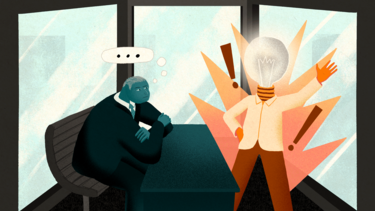
Quickly Disclosing Bad News Could Help Companies Benefit from Market Signals
Consistently releasing negative forecasts promptly could change trader incentives and ultimately help a company gather more strategic information from the market, according to a new study co-authored by Yale SOM’s Zeqiong Huang.

Making the ‘Business Case for Diversity’ Can Backfire with Underrepresented Groups
Many companies say that they are committed to diversity because it boosts firm performance. In a new study, Oriane Georgeac at Yale SOM and Aneeta Rattan at London Business School find that this explanation can have detrimental consequences for the very applicants that companies seek to attract.
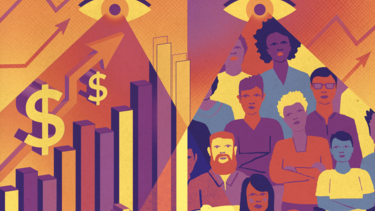
The Rise of the Mutual Fund Is Reducing Corporate Competition and Hurting Consumers
Mutual funds have become large shareholders in most public U.S. firms. The resulting overlaps in ownership are boosting corporate profits but harming consumers, according to a new study co-authored by Florian Ederer of Yale SOM.
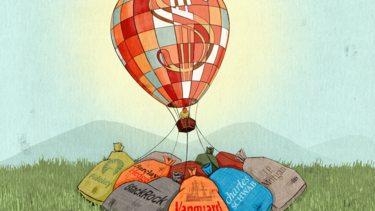
Taken to an Extreme, Gerrymandering Could Lead to a One-Sided Congress
A new study by Yale SOM’s Kai Hao Yang and Alexander Zentefis finds that partisan gerrymandering, pushed to the limit, could exclude the views of half the country from the legislative process.
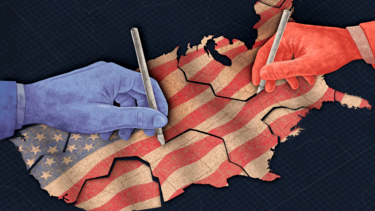
Real-Time Placement Odds Can Smooth the School Choice Process
Some families going through the school placement process overestimate their chances of getting into their top choices, and fail to match at any school as a result. Warnings about the placement odds at top schools can dramatically reduce non-placements.
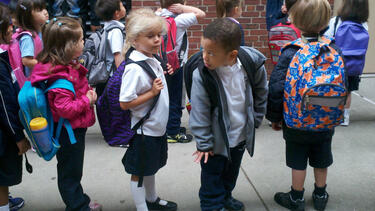
Religious Nursing Homes Have More Severe Violations of Care Standards than Secular Ones. Why?
The homes’ strong internal identity means that wrongdoing is less likely to be flagged for an outside regulator’s involvement, allowing problems to worsen, suggests new research co-authored by Yale SOM’s Amandine Ody-Brasier.

Perceptions of Shifts in Public Opinion Are Wildly Off Base
People greatly overestimate how conservative people were in the past, leading to an exaggerated impression of liberal progress, according to a study by Yale SOM’s Jason Dana and Adam Mastroianni of Columbia Business School.

Multinationals Can Have a Positive Local Impact—If They Face Enough Competition for Labor
The United Fruit Company had a reputation for manipulating governments and exploiting workers in Latin America. But Yale SOM’s Diana Van Patten found that in some areas, competition for workers led it to invest in local infrastructure, with long-lasting positive impacts.
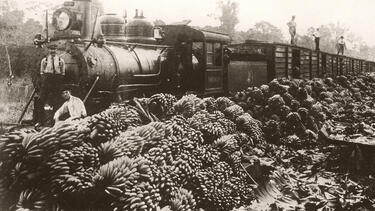
Wastewater Can Reveal How Many of Us Have Gotten COVID-19
New research based on data on COVID-19 RNA in sewage suggests that many more people had been infected with COVID-19 by May 2021 than official case counts indicated.
